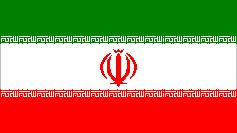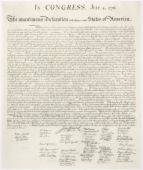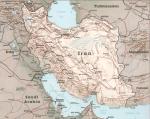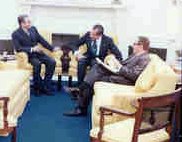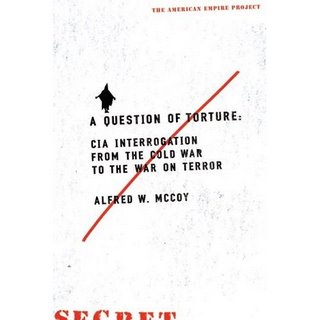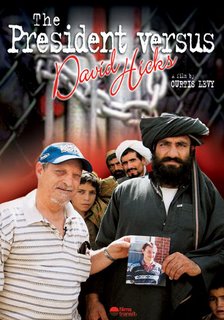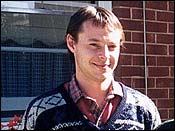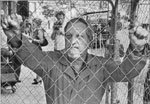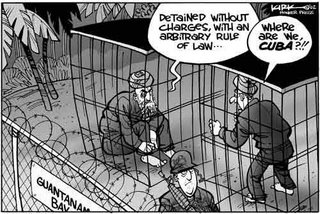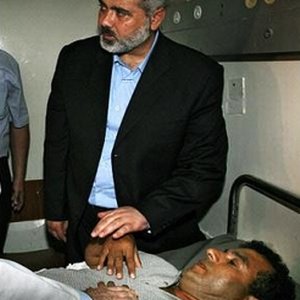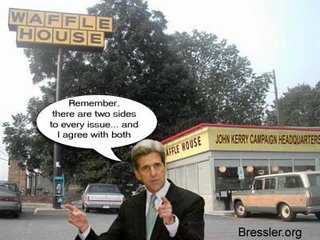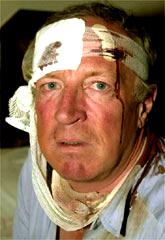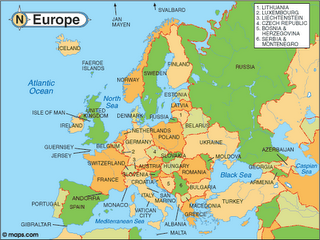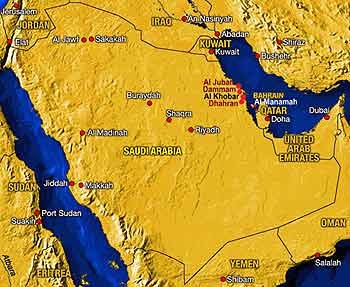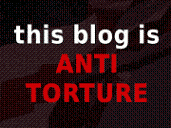 Guilty Until Proven Innocent, aka, Birds of a Feather Flock Together
Guilty Until Proven Innocent, aka, Birds of a Feather Flock TogetherA couple of days ago, I mentioned having read an
article that shook me up. Left me feeling dismayed, shocked, and totally unnerved. I was very upset. And now with this wonderful endorsement, I will ask you to read it if you haven’t already.
Jane Mayer writing in the
New Yorker about Alberto J. Mora’s memo gives an excellent account of how not only the memo came about, but how he (Mora) as the general counsel of the United States Navy attempted to prevent the (considered and circumvented ‘legal’) use of torture at Guantanamo Bay.
I printed the full 13 pages of the article and wanted to provide an uneditorialized chronology of accounts post 9/11. I have plenty, but the purpose is to give an as clear as possible visual of what occurred, in a way that will allow ‘you’ to come to your own conclusions, make you question and perhaps allow you to answer it for yourself.
9/11/2001January 2002 – Alberto Gonzales (White House counsel) sends memo to Bush, arguing for “new paradigm” of interrogation. He considers that the war on terror makes the “strict limitations on questioning of enemy prisoners” (required by Geneva conventions, ratified by US in 1955) “obsolete”.
August 2002 – The Justice Department’s Office of Legal Counsel secretly issues the “Torture memo”, allowing the C.I.A. to “inflict pain and suffering on detainees during interrogations. The memo also considers that the President could supersede national and international laws prohibiting torture.”
October11, 2002 – J.T.F.-170 commander Major General Michael Dunlavey requests permission to interrogate more aggressively.
October 11, 2002 – top legal advisor to J.T.F.-170 Lieutenant Colonel Diane Beaver writes legal analysis noting legal problems with some of the more brutal “counter-resistance techniques” (such as waterboarding) as the American personnel at Guantanamo Bay are bound by the Uniform Code of Military Justice. The code consider ”assault”, “maltreatment”, “cruelty”, and “threats” felonies. She argues for obtaining advance “permission, or immunity” from “higher authorities” so that (the) U.S. soldiers can violate those laws while interrogating.
December 2, 2002 – Rumsfeld’s memo approves methods of “hooding”, “exploitation of phobias”, “stress positions”, “deprivation of light and auditory stimuli” amongst others normally forbidden by the Army Field Manual.
December 17, 2002 – Mora learns about detainee abuse from David Brant, head of N.C.I.S. Brant details to Mora tactics of interrogations he considers “repugnant”.
December 18, 2002 – Mora meets again with Brant who shows him parts of a transcript of a saudi detainee Mohammed Al-Qatani’s interrogation. He hears from Brant this this is not a “rogue activity”, but one rumored to “have been authorized a a high level in Washington.”
After the second meeting,
Mora calls the general counsel of the Army, Steven Morello, asking him of any knowledge of detainee abuse at Guantanamo.
Morello answers yes and invites him to come to his office.
Morello’s office – Mora reads “the package”; “ a collection of secret military documents that traced the origins of the coercive interrogation policy at Guantanamo.” Is visibly upset and considers Beaver’s brief to be “ a wholly inadequate analysis of the law”.
December 20, 2002, -- Mora meets with William Haynes, the Pentagon’s general counsel and confronts him with his knowledge of abuse. He (Mora) considers Rumsfeld’s memo to allow for torture. Haynes disagrees. Mora leaves the meeting thinking that after his legal and moral objections, that Haynes will relay them and have Rumsfeld revoke his December 2 memo.
Mora leaves for Christmas holiday.
January 6, 2003 -- Mora returns to work and finds out from Brant the abuse at Guantanamo hasn’t’ stopped. Suspecting a deliberate policy, Mora starts an internal campaign hoping to “build a constituency against it.”
January 9, 2003 – Mora meets Haynes for the second time. Stresses his concerns for criminal charges that could be filed against Administration officials, “damage the Presidency”. Haynes does not respond and mentions Mora’s concerns to Rumsfeld who dismisses them with a bad joke.
Mid-January -- Mora continues to push for reform, finding little response amongst collegues.
January 15, 2003 -- Mora delivers an unsigned draft memo to Haynes, stating he would “sign it out” that afternoon making it an official document unless “harsh interrogation techniques were suspended.”
January 15, 2003 – Haynes calls Mora telling him that Rumsfeld is suspending “his authorization of the disputed interrogation techniques”. Rumsfeld gives permission to form a working group of several dozen lawyers from all branches of the armed services (including Mora) to develop interrogation guidelines. Mora calls off making his memo public.
Some quotes from the article that I would like anyone to ponder over;
Brant thinks that the Army’s interrogation of Qahtani was unlawful. If an N.C.I.S. agent had engaged in such abuse, he said, “we would have relieved, removed, and taken internal disciplinary action against the individual—let alone whether outside charges would have been brought.” Brant said he feared that such methods would taint the cases his agents needed to make against the detainees, undermining any attempts to prosecute them in a court of law. He also doubted the reliability of forced confessions. Moreover, he told me, “it just ain’t right.”
Mora was less impressed. Beaver’s brief, his memo says, “was a wholly inadequate analysis of the law.” It held that “cruel, inhuman, or degrading treatment could be inflicted on the Guantánamo detainees with near impunity”; in his view, such acts were unlawful. Rumsfeld’s December 2nd memo approving these “counter-resistance” techniques, Mora wrote, “was fatally grounded on these serious failures of legal analysis.” Neither Beaver nor Rumsfeld drew any “bright line” prohibiting the combination of these techniques, or defining any limits for their use. He believed that such rhetorical laxity “could produce effects reaching the level of torture,” which was prohibited, without exception, under both U.S. and international law
(bold added by yours truly)
The authorization of harsh interrogation methods which Mora had seen was no aberration. Almost immediately after September 11th, the Administration had decided that protecting the country required extraordinary measures, including the exercise of executive powers exceeding domestic and international norms. In January, 2002, Alberto Gonzales, then the White House counsel (he is now the Attorney General), sent a memo to President Bush arguing for a “new paradigm” of interrogation, declaring that the war on terror “renders obsolete” the “strict limitations on questioning of enemy prisoners” required by the Geneva conventions, which were ratified by the United States in 1955. That August, the Justice Department’s Office of Legal Counsel, which acts as an in-house law firm for the executive branch, issued a memo secretly authorizing the C.I.A. to inflict pain and suffering on detainees during interrogations, up to the level caused by “organ failure.” This document, now widely known as the Torture Memo, which Addington helped to draft, also advised that, under the doctrine of “necessity,” the President could supersede national and international laws prohibiting torture. (The document was leaked to the press in 2004, after the Abu Ghraib scandal broke.)
As much as Bush has become the focus for all of it..the time line shows that he's in 'good' company. However, if you read the full article, you will see that there are people within the Adminstration and the military who have spoken up against what they see as immoral and illegal. Let's hope it will take more of them, other than Alberto J. Mora, who will and can topple this whole nonsense to its deserved downfall. Voting for the Democrats (dare I say it as an Independent??) 'could' undo this, but as the existentialist cowboy says (pardon me for not linking to him but something else showed up when I tried the copy and paste, just add blogspot.com after his name), as long as the Democrats are not just replacing Bush, but also will reverse all the illegalities put in place by Bush and co. We'll see..I can't vote anyway.


